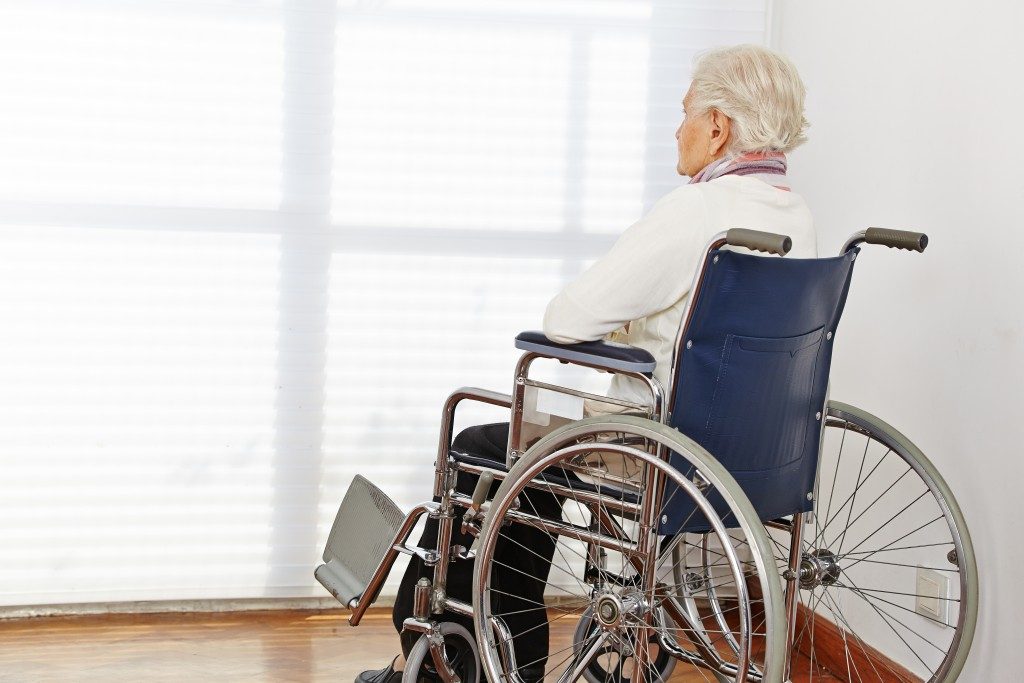While it’s an extremely tough decision to put a loved, or yourself, in a nursing home, sometimes, it’s for the best. But just because you or a loved one lives in a nursing home doesn’t mean that you have to live in neglectful or abusive conditions. If a loved one or you are living in a “bad” nursing home environment, it’s crucial to know that you could and should do something about your situation.
What Exactly is Nursing Home Abuse?
The elderly usually opt to live in a nursing home when they could no longer fend for themselves, don’t have a family to care for them, or if their family can’t wait for them due to safety issues or some other issues. Unfortunately, the elderly sometimes suffer emotional, psychological, and physical abuse at some nursing homes due to intentional acts of caregivers or their negligence, explainsa prominent personal injury lawyer in Columbus, GA. Common factors that usually contribute to residents’ negligence and/or abuse include hiring insufficiently trained or unqualified staff, lack of staff, isolating residents, and hiring caregivers with a history or violence or abuse.
There are plenty of ways that a nursing home could be help legally liable for the injuries residents sustain in the nursing home. The most common claims involve false imprisonment, abuse, and negligence. Likewise, they could be help legally responsible for violations of regulations or criminal laws regarding general operations, licensing, and maintenance. When this occurs, it could lead to a criminal persecution and/or lawsuits, as well as thorough investigations by relevant authorities.
What You Could Do If You Experience Nursing Home Abuse
If you or a loved one is a nursing home abuse victim, you could file a claim to recover damages. Damages typically include justifiable and necessary, past, present, and future medical care costs due to the abuse, future and current pain and suffering you endured from mental and physical injuries, as well as damages for reduced quality of life. You could likewise seek punitive damages if you could demonstrate that the nursing home conducted reckless or malicious conduct.
If your loved one passed away as a result of nursing home abuse, you could seek damages on his or her behalf as a dependent, surviving spouse or child, or heir. In this cases, damages could include loss of companionship, grief and mental anguish, loss of parental guidance and advice, as well as funeral and burial costs. If any of the abovementioned scenarios sound similar to yours, consult a lawyer in your area experienced in nursing home abuse to learn about your legal options.
